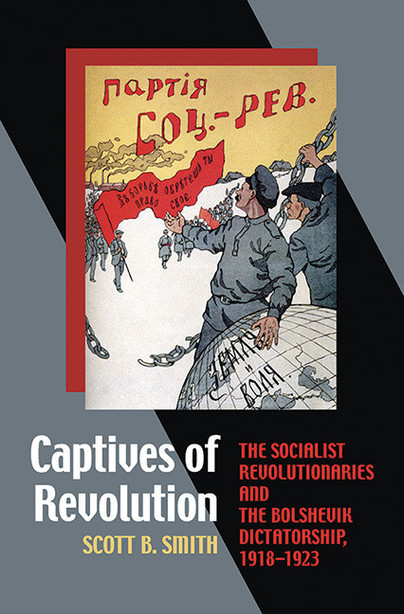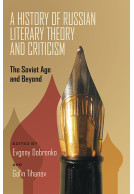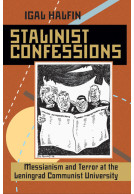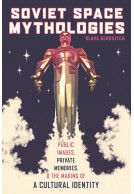Google Books previews are unavailable because you have chosen to turn off third party cookies for enhanced content. Visit our cookies page to review your cookie settings.
Captives of Revolution (Paperback)
The Socialist Revolutionaries and the Bolshevik Dictatorship, 1918–1923
Imprint: University of Pittsburgh Press
Series: Russian and East European Studies
Pages: 400
ISBN: 9780822962823
Published: 25th October 2013
Script Academic & Professional
Series: Russian and East European Studies
Pages: 400
ISBN: 9780822962823
Published: 25th October 2013
Script Academic & Professional
This book will be reprinted and your order will be released in due course.
You'll be £45.00 closer to your next £10.00 credit when you purchase Captives of Revolution. What's this?
+£4.99 UK Delivery or free UK delivery if order is over £40
(click here for international delivery rates)
Order within the next 2 hours, 35 minutes to get your order processed the next working day!
Need a currency converter? Check XE.com for live rates
(click here for international delivery rates)
Order within the next 2 hours, 35 minutes to get your order processed the next working day!
Need a currency converter? Check XE.com for live rates
The Socialist Revolutionaries (SRs) were the largest political party in Russia in the crucial revolutionary year of 1917. Heirs to the legacy of the PeopleÆs Will movement, the SRs were unabashed proponents of peasant rebellion and revolutionary terror, emphasizing the socialist transformation of the countryside and a democratic system of government as their political goals. They offered a compelling, but still socialist, alternative to the Bolsheviks, yet by the early 1920s their party was shattered and its members were branded as enemies of the revolution. In 1922, the SR leaders became the first fellow socialists to be condemned by the Bolsheviks as \u201ccounter-revolutionaries\u201d in the prototypical Soviet show trial. In Captives of the Revolution, Scott B. Smith presents both a convincing account of the defeat of the SRs and a deeper analysis of the significance of the political dynamics of the Civil War for subsequent Soviet history. Once the SRs decided to openly fight the Bolsheviks in 1918, they faced a series of nearly impossible political dilemmas. At the same time, the Bolsheviks fatally undermined the revolutionary credentials of the SRs by successfully appropriating the rhetoric of class struggle, painting a simplistic picture of Reds versus Whites in the Civil War, a rhetorical dominance that they converted into victory over the SRs and any left-wing alternative to Bolshevik dictatorship. In this narrative, the SRs became a bona fide threat to national security and enemies of the people—a characterization that proved so successful that it became an archetype to be used repeatedly by the Soviet leadership against any political opponents, even those from within the Bolshevik party itself. In this groundbreaking study, Smith reveals a more complex and nuanced picture of the postrevolutionary struggle for power in Russia than we have ever seen before and demonstrates that the Civil War—and in particular the struggle with the SRs—was the formative experience of the Bolshevik party and the Soviet state.
Other titles in the series...
Other titles in University of Pittsburgh Press...





















